It is therefore a great pleasure to be invited to write this post for #WhyWeDoResearch, as we have grasped over an incredible 200 million impressions. Every impression with the potential to light a fire in someone's thoughts and actions to speak up about research.
I love the tweetchats. I am thrilled by the company and the illumination brought by the enthusiasm, range of discussion and making new friends. Thanks to @ClaireW_UK (Claire Whitehouse) and @keeling_michael (Michael Keeling) for setting it alight.
Light helps us during challenging moments in our lives and the darkest months of the year as we move from the Diwali celebration of light to Christmas with lights in windows that we should take a moment to reflect.
These days it is the light that illuminates the screens of our phones, tablets and computers providing information, knowledge, messages and virtually everything else. There is a strong and healthy association between light, learning and truth.
#WhyWeDoResearch gives us the opportunities to learn. It gives us the chance to have a big worldwide conversation on such a variety of interests in research related to health and social care. Sometimes that dialogue happens in direct messaging or in quite specific areas of the research world.
#WhyWeDoResearch is a means of bringing together those of us involved in research. We are involved to improve people's health and well being through rigorous research and the application of non-biased evidence.
The challenge therefore, for all of us in research, is that 'post-truth' became word of the year in the Oxford dictionary. It appeared gradually in the general lexicon particularly through the recent electioneering. Evidence and experts were similarly disparaged as of being little value.
We have confirmation that shows an increasingly strong relationship between research active establishments and improved health outcomes. People would seem to live longer in research active hospitals. Will others believe this to be true. Will our words be believed?
I am a passionate advocate that we have to talk more about research, to help people know where to take part, to reach out to those voices that are seldom heard, to connect with others in face to face meetings and through digital technology. I want therefore to see us reach 500 million impressions, to reach out to new groups and more patients.
"Lights flicker from an opposite loft" Bob Dylan
I don't really mind whether #WhyWeDoResearch is seen as a campaign, a community, a network, a discussion forum, a dialogue or just a chance to let off steam. The light is on so let's make it brighter, better and seen by even more people.
Many, many happy returns and let the torches shine light on high quality research, evidence and its applications.
You can follow Derek:
Twitter: @DerekCStewart
Blog: http://derek-online.blogspot.co.uk/
You can watch the #WhyWeDoResearch milestones and second birthday video by clicking the video clip below...
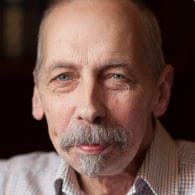
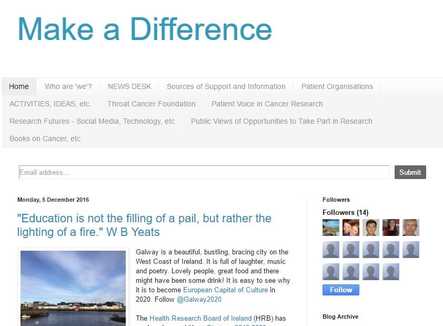
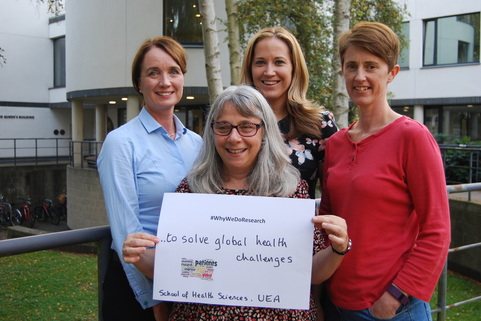
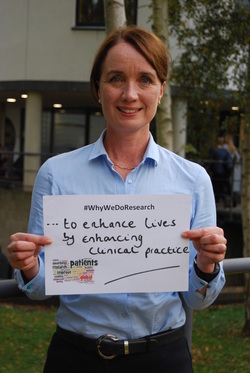
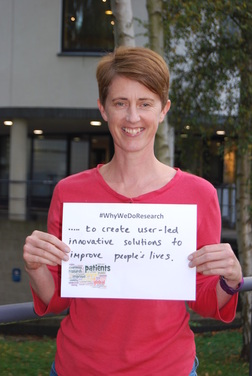
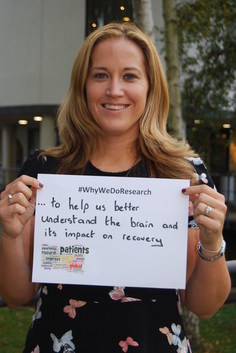
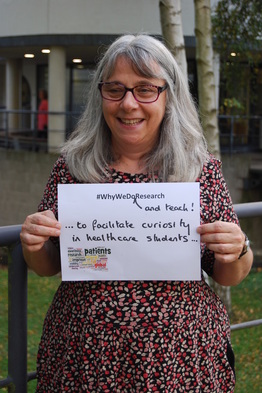
 RSS Feed
RSS Feed
